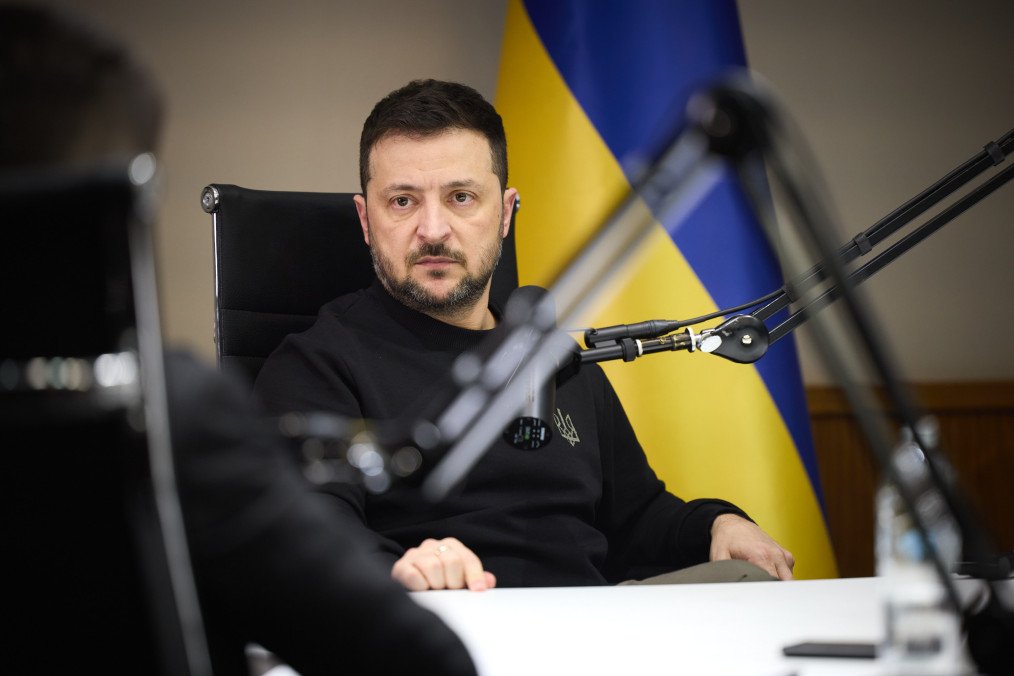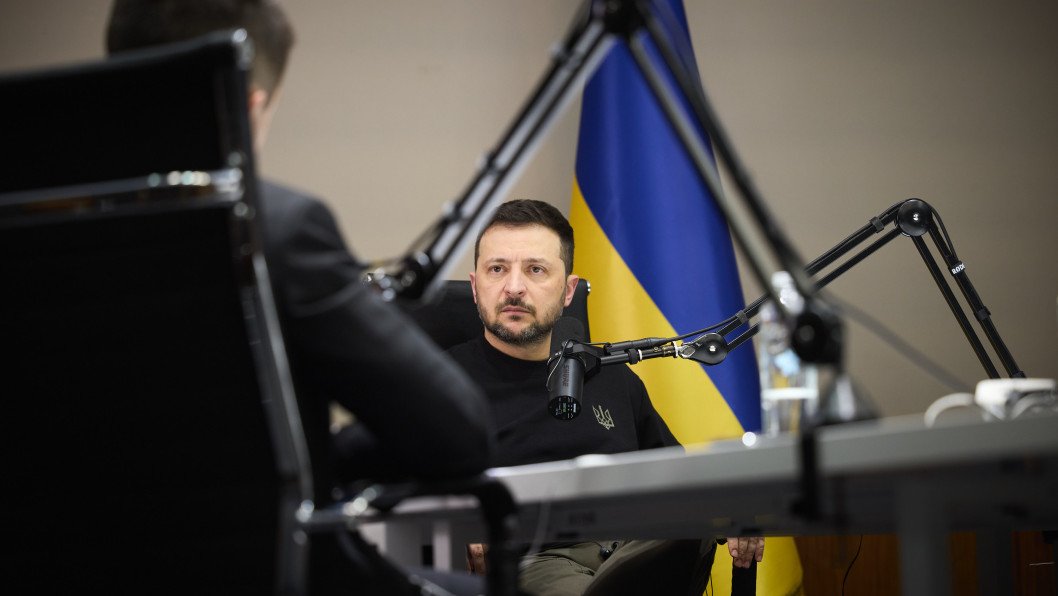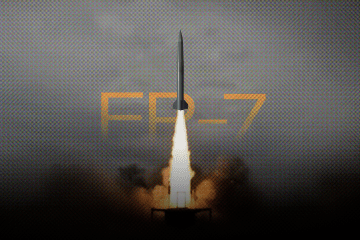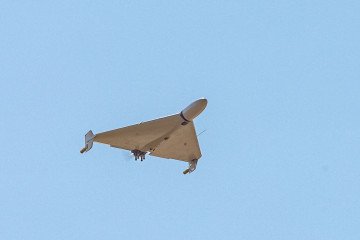- Category
- Latest news
Russia’s Past Ceasefire Violations Show Need for Stronger Security Guarantees, Says Zelenskyy

Ukrainian President Volodymyr Zelenskyy expressed deep concerns about the prospect of a ceasefire with Russia without robust security guarantees for Ukraine in an interview with Lex Fridman on January 5.
Zelenskyy recounted his past negotiations with Vladimir Putin and shared his views on the potential role of President-elect Donald Trump in brokering peace.
Reflecting on a 2019 meeting in Paris with Putin, French President Emmanuel Macron, and then-German Chancellor Angela Merkel, Zelenskyy emphasized how Russia repeatedly violated ceasefire agreements. “Regarding the ceasefire… They started killing us within a month,” he said. Despite multiple attempts to reach Putin, the violence continued, with Russian forces eventually halting all communication.
Zelenskyy shared his dismay over Russia’s tactics, accusing them of training snipers in the east of Ukraine and using civilians as live targets. “They were shooting from the other side, killing people, women, people, children. They were shooting. It was a hunt. By the way, it was in the Russian-speaking region,” he stated. Even when ceasefires temporarily silenced the front lines, Ukrainians in occupied territories continued to face violence and repression.
Zelenskyy emphasized the importance of security guarantees as a prerequisite for any ceasefire. He questioned what a ceasefire without such assurances would mean for millions of Ukrainians in Russian-occupied territories.
“What if we just arranged a ceasefire, without understanding what would happen next. Without understanding what will happen to Ukraine’s security guarantees. What about the millions of children in the occupied territories? What should I tell them? What am I to tell them? What is it I should tell them? What? Whatever? Hey, all of you over there… See ya. And those tens of thousands of people buried there [in Mariupol], they were… Is that what we want? Are we ready to forgive them for this?” he asked.
Zelenskyy also pointed out Russia’s ongoing conscription of Ukrainian men in occupied regions, often under threat of death if they refused to fight. “This is happening in Melitopol as well as in Berdiansk now, they are making all these kids of drafting age go and fight. And if they don’t go, they will be killed,” he said.
The Ukrainian President expressed his belief in Trump’s ability to pressure Putin into meaningful action but warned against relying on Putin’s willingness to cooperate.
He cautioned that a ceasefire brokered without robust measures to prevent renewed aggression would ultimately backfire. “If he [Trump] manages to make a ceasefire deal and three months later… Putin launches a new wave of attacks. What will Trump look like?” he added.
Zelenskyy acknowledged Trump’s desire to negotiate deals and bring about peace but stressed the critical need for strength and preparation. “Putin will just do it [agree to a ceasefire]. And why would Putin do it? Because today he is afraid of Trump. But once Trump manages for example… to do a ceasefire deal without serious security guarantees for Ukraine, he will give a pass to Putin,” Zelenskyy warned.

Zelenskyy reiterated his commitment to ending the war and securing a lasting peace for Ukraine. This, he said, requires not only a ceasefire and prisoner exchanges but also the diplomatic restoration of Ukrainian territory. However, he stressed that any agreement must ensure the safety and sovereignty of Ukraine to prevent any future conflict.
Zelenskyy described Putin’s ultimate objective: to create division between Ukraine and its allies. “Because in Putin’s head, he wants me to fight with Trump. Putin’s plan is to finish the occupation of our territory. This is in his sick head,” he said, emphasizing the need for a united and strategic approach to counter Russian aggression.
Earlier, Ukrainian President Volodymyr Zelenskyy shared new details about the treatment of North Korean soldiers fighting for Russia, revealing that their faces are being burned to prevent them from being recognized.



-111f0e5095e02c02446ffed57bfb0ab1.jpeg)

-72b63a4e0c8c475ad81fe3eed3f63729.jpeg)


